Why are certifications so important in the HVAC (and most other) industries? The answer can be complicated. In general. it’s because they provide a third-party document attesting to a status or level of achievement. Certifications are designated credentials earned by an individual to verify their legitimacy and competence to perform a job. You typically display your certification as a document that highlights your training, education, and preparedness to meet a specific set of criteria for your role as a professional.
Earning certifications through National Comfort Institute (NCI) shows your commitment to being the best technical expert the High-Performance HVAC Industry has to offer. But other certifications can help you and your company stand so far out from others that you virtually have no competition.
Pearl Certification
This month we shine our spotlight on one such company. Pearl Certifications is located in Charlottesville, VA. It is an NCI partner that focuses on the high-performance home marketplace. Pearl’s focus is on being the standard for the most comfortable, healthy, and energy-saving homes on the market. Their certification can increase a home’s value and introduce the High-Performance HVAC contractor to a marketplace segment where value is more important than price.
Click here to learn more about the Pearl Certification Process (ncilink.com/PearlCP).
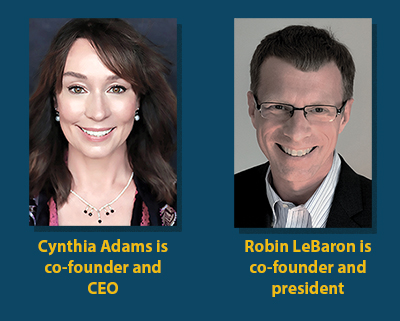
A High-Performance Approach
Pearl started in 2015 when co-founders Cynthia Adams and Robin LeBaron first opened their doors. At a high level, creates and provides a suite of sales and marketing tools for contractors.
LeBaron, who is Pearl’s president, says, “In essence, Pearl is a platform for which we’ve created a suite of tools that help homeowners understand what they need to do in their home to improve their comfort, health, and safety, then find the resources to make those improvements. We put them in contact with contractors, real estate agents, appraisers, and eventually lenders to achieve high standards of excellence and ultimate value.”
LeBaron says their approach goes beyond certifying what already exists. They also provide homeowners the resources they need to keep making improvements. That includes educating them as well.
Educating Homeowners
“There is a knowledge gap within the market about what the high-performing home and its opportunities are,” he adds. “The knowledge gap extends from homeowners to agents, appraisers, and all the rest.”
From a Pearl perspective, the standards a home could be built to, with reasonably affordable technology compared to what typically exists today, demonstrates that gap in terms of HVAC performance and building shell performance.
In terms of what may narrow that gap, LeBaron points out things like smart devices, plus the ability to generate and store energy. Opportunities, he says, also lie in air filtration, indoor air quality improvements, safety issues, and accessibility issues.
“The key is to make these investments cost-effective. And even when they’re not, they still offer so much
improvement in the health and livability of a home that educated consumers want to invest anyway.
Click Below for the Next Page:


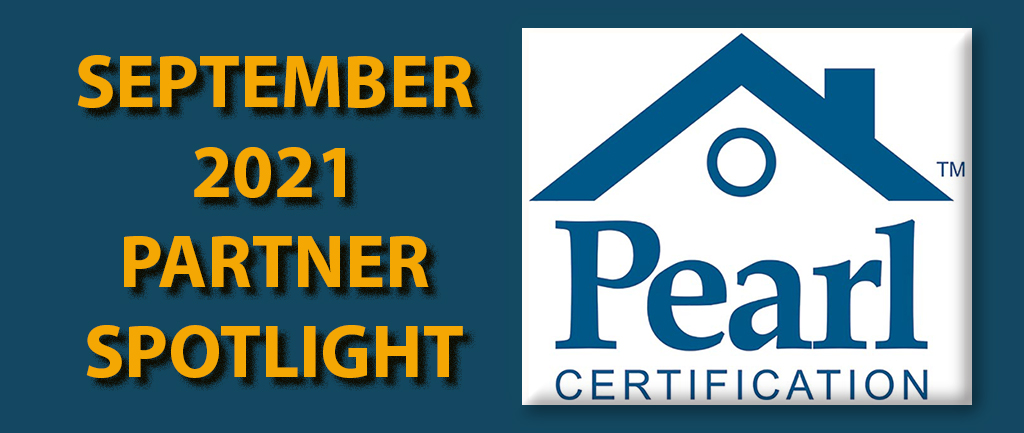
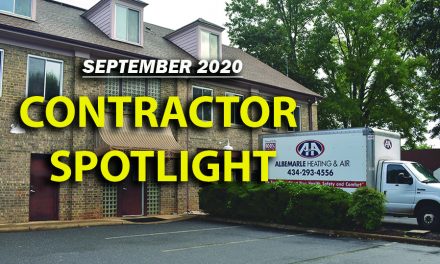

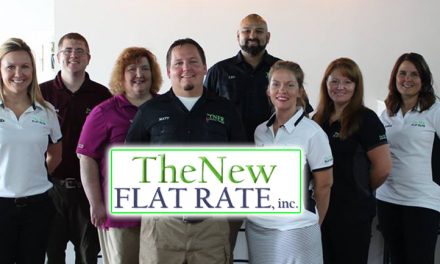

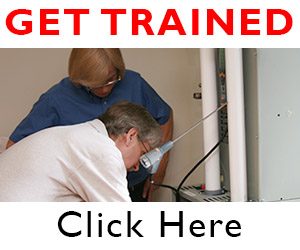




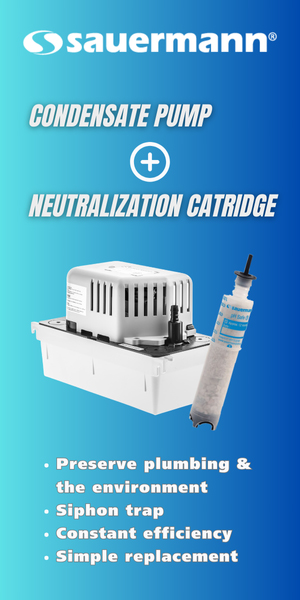
Recent Comments